The selection of materials in construction is pivotal for both environmental and structural integrity. Straw bale, as a material, offers a unique combination of sustainability and functionality. It is derived from the stalks of grain crops, which are a byproduct of the agricultural industry, often left unused or burned, contributing to air pollution. Utilizing straw bales not only repurposes this waste but also aids in carbon sequestration, both within the stalks and the soil, enhancing the ecological footprint of building projects.
Straw bale construction presents an opportunity to reduce the reliance on old-growth forests for lumber, thereby preserving natural habitats and contributing to air quality and soil stability. The longevity of straw bale structures is notable, with some buildings lasting over a century, demonstrating the durability of the material when properly maintained. The thermal properties of straw bale walls are exceptional, providing significant insulation that can lead to energy savings. This insulation is achieved through the strategic placement of the bales within the wall, offering a high R-value and contributing to the thermal mass of the building.
Moreover, straw bale walls have a natural affinity for plaster and stucco finishes, allowing for a strong mechanical bond without the need for additional reinforcements. This characteristic not only simplifies the construction process but also opens up creative possibilities for aesthetic design, such as niches and deep window sills. The inherent fire resistance of straw bales, when combined with lime plaster, can achieve significant fire ratings, further attesting to the material's suitability for a range of construction applications.

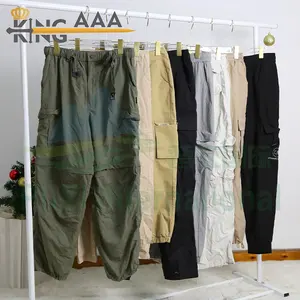
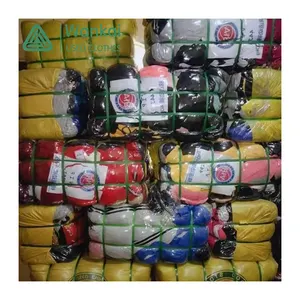





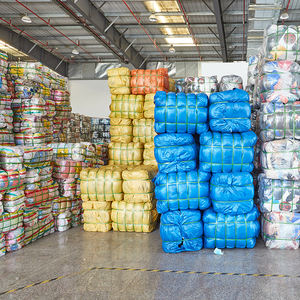











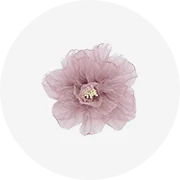
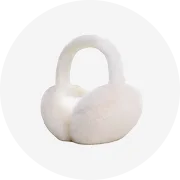


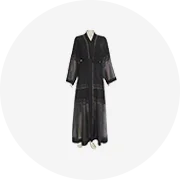











 浙公网安备 33010002000092号
浙公网安备 33010002000092号 浙B2-20120091-4
浙B2-20120091-4